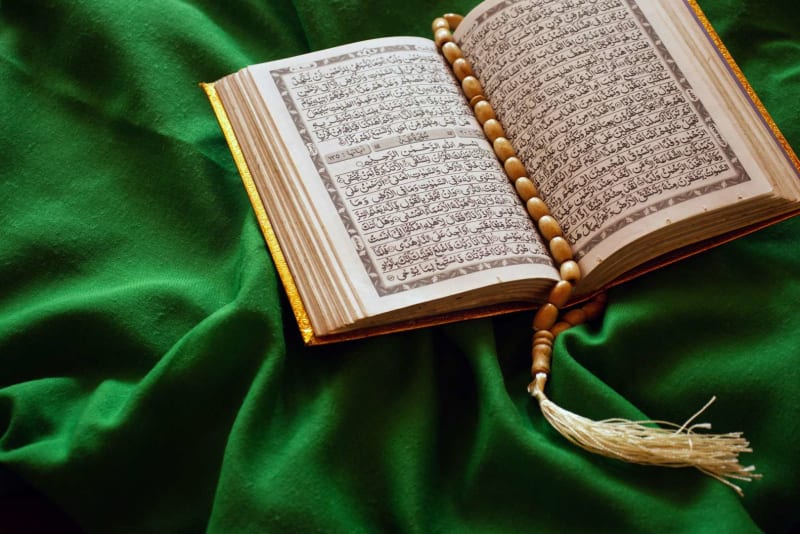No Text provided
In Islam, remembering Allah (SWT) through supplication (dua) is a powerful act of worship that strengthens the believer’s connection with their Lord. The Prophet Muhammad (peace be upon him) taught us specific duas to recite at different times of the day to gain blessings and reward. Platforms like Dawud Academy offer valuable resources to learn and understand these daily duas in depth. In this article, we’ll focus on three essential supplications: dua after adhan, dua after azan, and dua after eating.
No Text provided
The adhan (azan) is the Islamic call to prayer, a beautiful reminder that it is time to turn to Allah in salah (prayer). After hearing the adhan, it is Sunnah (a recommended practice) to repeat what the mu’adhin (caller) says and then make a specific dua.
The dua after adhan (also referred to as the dua after azan) is:
اللّهُمَّ رَبَّ هذِهِ الدَّعْوَةِ التَّامَّةِ، وَالصَّلَاةِ القَائِمَةِ، آتِ مُحَمَّدًا الوَسِيلَةَ وَالفَضِيلَةَ، وَابْعَثْهُ مَقَامًا مَحْمُودًا الَّذِي وَعَدْتَهُ “O Allah, Lord of this perfect call and the established prayer, grant Muhammad the intercession and favour, and raise him to the praised position You have promised him.” (Sahih al-Bukhari 614)
Reciting this dua after hearing the adhan not only earns immense reward but also brings us closer to the Prophet (peace be upon him) on the Day of Judgement.
Why Is the Dua After Azan Important?
The Messenger of Allah (peace be upon him) said:
“Whoever says this when he hears the call to prayer, my intercession will be permitted for him on the Day of Resurrection.” (Sahih al-Bukhari 614)
This hadith emphasises the virtue of making the dua after azan, a simple act that can result in tremendous blessings.
No Text provided
Gratitude is a core value in Islam. After finishing a meal, it is Sunnah to thank Allah for the food He has provided. The after meal dua is simple yet powerful:
الْحَمْدُ لِلَّهِ الَّذِي أَطْعَمَنِي هَذَا، وَرَزَقَنِيهِ، مِنْ غَيْرِ حَوْلٍ مِنِّي وَلَا قُوَّةٍ “All praise is for Allah who fed me this and provided it for me without any might nor power from myself.” (Sunan Abi Dawood 4023 – Hasan)
Another shorter version commonly recited is:
الْحَمْدُ لِلَّهِ “All praise is due to Allah.”
This simple dua after eating reflects a Muslim’s gratitude and humility, recognising that every bite of food is a gift from Allah.
No Text provided
The Messenger of Allah (peace be upon him) said:
“Whoever says this when he hears the call to prayer, my intercession will be permitted for him on the Day of Resurrection.” (Sahih al-Bukhari 614)
This hadith emphasises the virtue of making the dua after azan, a simple act that can result in tremendous blessings.
No Text provided
Incorporating these daily duas into your routine—the dua after adhan, the dua after azan, and the dua after eating—helps nurture mindfulness, gratitude, and spiritual growth. As Muslims, our faith is not just in acts of worship, but also in how we live our daily lives with remembrance of Allah.
Make it a habit to recite these duas regularly, and encourage your family and friends to do the same. These small moments of worship can have lasting benefits in both this world and the next.
